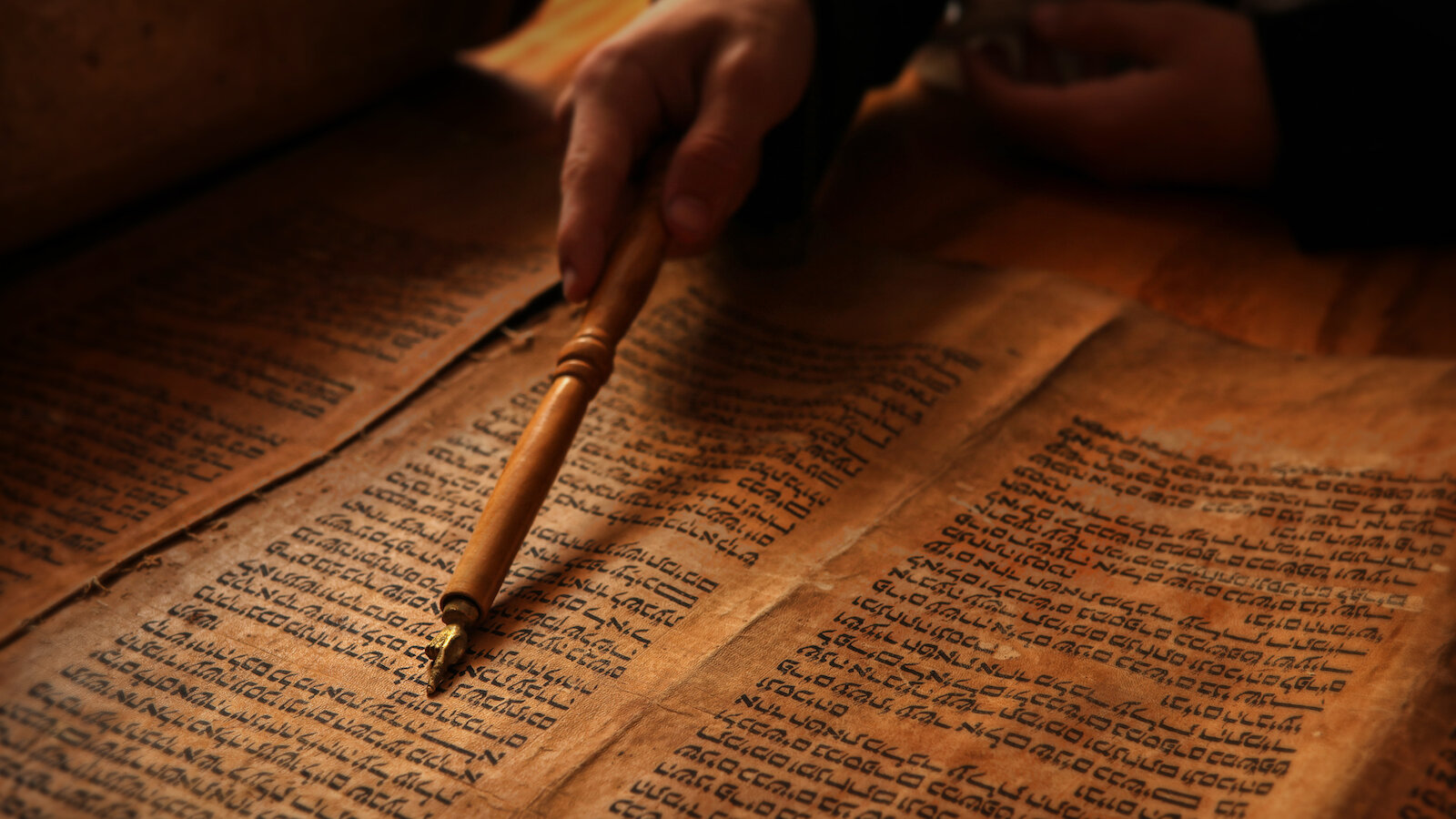
Modern-day scribes telling stories.
(don’t worry, it’s in English!)
Day 7: What does it mean to return to the Lord? (Shabbat Shuvah)
Central to the Days of Awe is what we call Shabbat Shuvah, or the "Sabbath of Return." Situated between Rosh Hashanah and Yom Kippur, this Shabbat holds a special significance. It serves as a momentary pause, a sacred interval for personal and communal reflection. In a season filled with introspection and repentance, Shabbat Shuvah invites us to come home - to return to the Lord with all our hearts. For Christians, this idea of "returning" finds its full expression in the grace and redemption offered through Jesus, our Messiah.
Day 6: What will we do for atonement?
The human soul carries a deep yearning for atonement. In cultures around the world and across the broad expanse of religious thought, rituals and traditions abound, highlighting the lengths we go to find relief from the weight of our mistakes and misdeeds. The Jewish people are no different. As followers of Jesus, we know that our atonement not only covered our sins once for the next year, but also forgave our sins once and for all.
Day 5: Where can we show kindness? (Tzedakah)
The concept of Tzedakah, often translated as “charity,” but more accurately understood as righteousness or justice. Giving isn't merely a charitable endeavor, but an ethical obligation. For Christians, this resonates deeply with the New Testament teachings on almsgiving and love for neighbor. Here, the idea of 'faith without works is dead' rings loud and clear.
Day 4: Prayer is more than monologue. (Tefilah)
These Days of Awe invite us into the heart of prayer, or Tefillah, in Hebrew. Prayer is a universal act, a meeting place between the human and the divine, and during these days, it takes on an even more profound significance. Tefilah is less about asking God for what we need, and more about aligning ourselves with God’s will. For Christians, the idea of interceding with Jesus as our mediator adds a layer of grace to this sacred time.
Day 3: What does real repentance look like?
Let’s look into the essence of Teshuvah, which in Hebrew means "returning" or "repentance." While the word "repentance" might conjure up images of regret and shame, Teshuvah is about turning toward something as much as it's about turning away from something else. It's about re-aligning ourselves with God.
Day 2: The day of the blowing of trumpets, but why?
The sound of the shofar (ram’s horn) calls us to something extraordinary - Yom Teruah, commonly known as the Day of Trumpets. This isn't just any call; it's an announcement, a heralding of something majestic.
Day 1: Is your name written in the book?
As the Days of Awe kick off, we find ourselves on the cusp of a deeply spiritual journey. It's a time to pause and reflect, to account for the year that's been and prepare for the one that's coming.
Hebrew For Holy Days
The Hebrew language is more than just a means of communication. It's the lens through which ancient wisdom has been handed down to us, a rich tapestry interwoven with faith, tradition, and meaning. For believers, understanding Hebrew opens a doorway to deeper insight into the Bible, the language spoken by Jesus and the disciples, and even a glimpse into what we think will be the universal language of heaven.
The Depth of a Single Word: Exploring 'So' in John 3:16
Discover the profound layers hidden in a simple word from John 3:16. This in-depth article takes you on a journey through Greek and Hebrew texts, unveiling how one word can alter your understanding of God's love.
Tisha B’Av is a Solemn Day of Remembrance
The Jewish holiday of Tisha B'av falls on Wednesday, July 26 until sunset on Thursday, July 27, 2023. Some call it "the saddest day" because it commemorates two major tragedies that happened thousands of years ago: The destruction of Solomon's Temple in 586 BC by Babylonians led by King Nebuchadnezzar II during his siege against Jerusalem; and then later when Roman legions under Titus sacked Jerusalem again after breaching its walls with battering rams and siege towers in 70 AD.
The Letter Kills, But The Spirit Gives Life
Are you familiar with the Jewish holiday of Shavuot? It is a day that holds deep significance for both Christianity and Judaism. For Christians, it marks the day of Pentecost, when the Holy Spirit descended on the apostles and about 3,000 people were saved. For Jews, it recalls Moses receiving the Law on Mount Sinai. Learn more about the fascinating relationship between Shavuot and Pentecost, as well as their importance in the history of Christianity and Judaism, by reading this blog post!
21-Day Prayer Guide For Israel
Welcome to the 21-day prayer guide for Christians to intercede for Israel leading up to Shavuot/Pentecost. This guide will take you on a spiritual journey to deepen your understanding of the importance of this holiday in Jewish tradition and how it relates to the Christian faith. Our prayers will focus on key prayer points such as peace, protection, and prosperity for Israel, and we will incorporate relevant Bible scriptures that support each prayer point.












